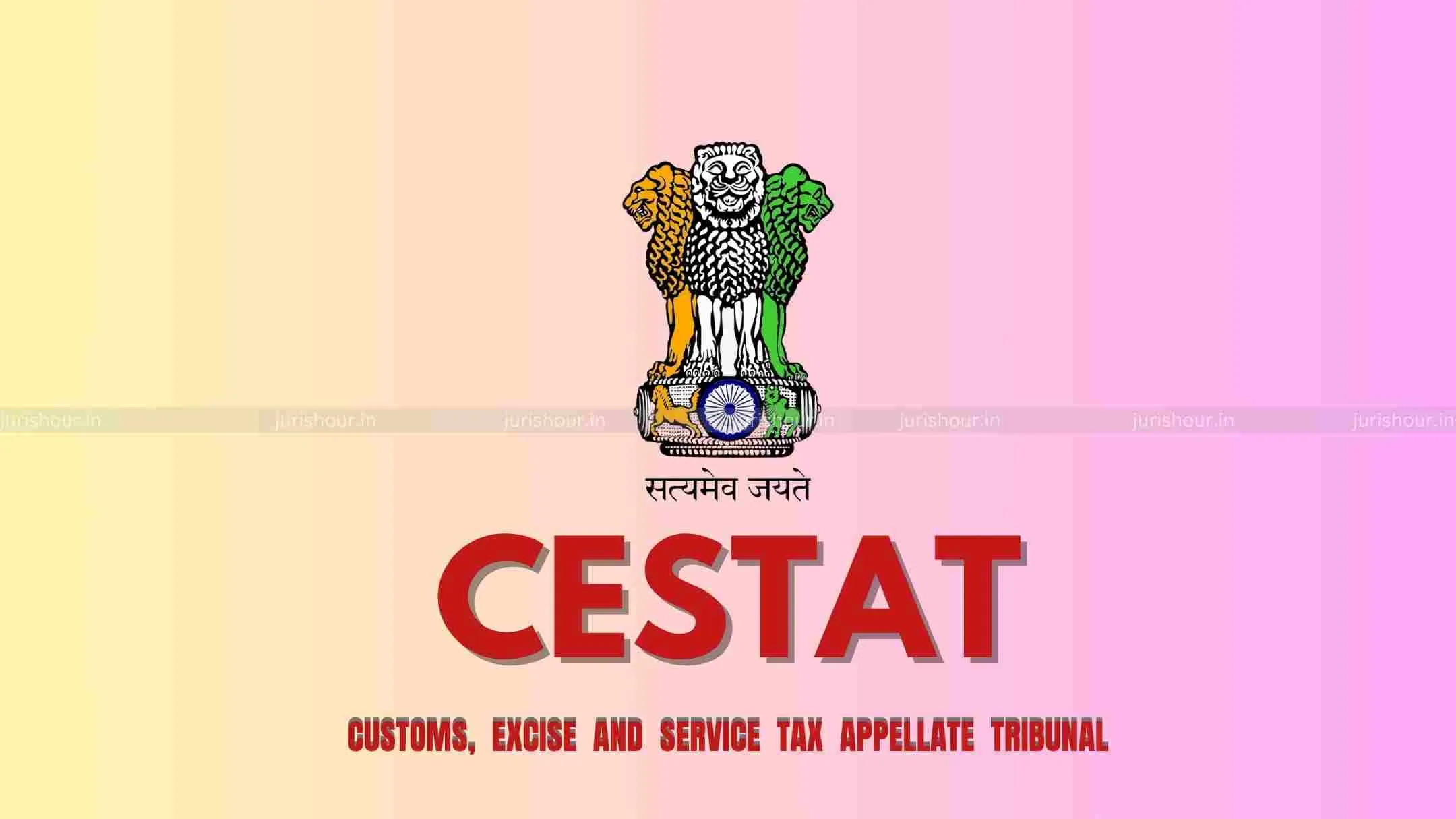The Chennai Bench of Customs, Excise and Service Tax Appellate Tribunal (CESTAT) has stated that the customs dept. to do some more homework to secure stay in the RoDTEP classification dispute.
The bench of P. Dinesha (Judicial Member) and M. Ajit Kumar, (Technical Member) has observed that “merely stating the probability of revenue succeeding in their appeal is a bald statement which cannot be stated to be a reasonable plea and is just not enough. Every appellant is bound to have such a conviction on the probability of his success in the appeal proceedings. The proof of there being ‘sufficient cause’ is a condition precedent to the exercise of discretionary jurisdiction by this Tribunal on a stay application and it is lacking in these applications. Some more homework needs to be done by revenue if such applications are to succeed and are not seen to be filed as a mere formality.”
The respondent, M/s SKOT India and other exporters had exported sterilized mango/guava pulp and claimed RoDTEP benefits at 2.5% under Customs Tariff Heading (CTH) 0804 5040 / 0804 5090, typically reserved for fresh fruits. However, the Adjudicating Authority ruled that due to the sterilization process, the goods should be classified as “other fruit pulp” under CTH 2008 9994/9999, which attracts a lower RoDTEP rate of just 1.4%.
The Commissioner (Appeals) overturned this decision and ruled in favour of the exporters. This prompted the Customs Department to file a set of appeals and accompanying stay applications before the Tribunal, aiming to suspend the execution of the appellate orders.
The Customs Department contended that the exporters wrongly availed of higher benefits by misclassifying processed goods under Chapter 08 instead of Chapter 20. The department cited HSN Explanatory Notes and precedent judgments like J.K. Synthetics Ltd (1996) to argue that the Tribunal had powers under Rule 41 of the CESTAT Rules to issue a stay in the interest of justice.
The exporters, argued that the Tribunal had no statutory authority under the amended Section 129E of the Customs Act, 1962, to stay appellate orders. He relied on the Tribunal’s earlier ruling in Parksons Packaging Ltd (2015), which held that post-amendment, no such stay could be granted. He also highlighted that since the exports had already been made, the stay would be redundant.
The Tribunal clarified that the power to grant a stay flows from Rule 41 of the CESTAT Procedure Rules, and is further supported by judicial precedents like Mohammed Kunhi (1969), which affirmed that such powers are incidental to appellate jurisdiction.
The Tribunal noted that the Customs Department failed to demonstrate any risk to revenue recovery or show that amounts had been collected and needed refund. It held that a stay would not aid revenue collection and that an application for early hearing might have been more appropriate. Merely asserting a high probability of success was deemed insufficient for securing a stay. The Tribunal emphasized that Article 19(1)(g) of the Constitution protects business operations, and blocking funds without sufficient cause could jeopardize legitimate commercial activity.
The Tribunal observed that the order passed by the Commissioner (Appeals) was reasoned, citing relevant laws and precedents, and did not constitute a miscarriage of justice.
Case Details
Case Title: Commissioner of Customs Versus M/s. SKOT India
Case No.: Customs Miscellaneous Application (Stay) No.40871/2024 in Customs Appeal No. 40893/2024
Date: 31.07.2025
Counsel For Petitioner: Anandalakshmi Ganeshram, Authorized Representative
Counsel For Respondent: Hari Radhakrishnan, Advocate
Read More: Kerala Becomes First State to Pilot ‘Faceless Adjudication’ System for GST from August 1

